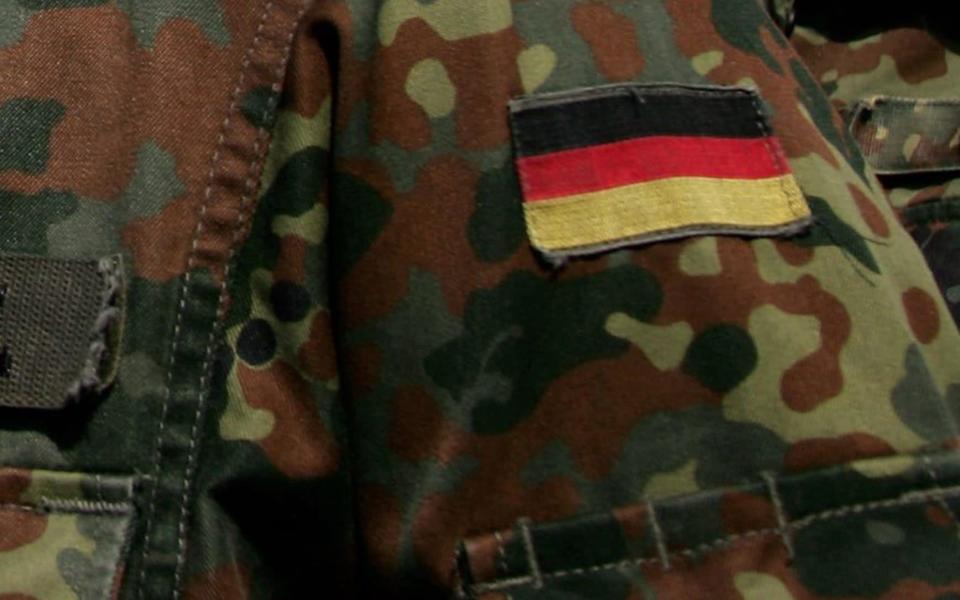German soldier ‘sent army secrets to Russian spies out of sympathy’

A German army officer has gone on trial accused of feeding Russia’s spy service with German military and industrial secrets out of “sympathy” for the country.
Ralph G, a lieutenant colonel in the German reserves, gave his Russian contacts sensitive information on the operational abilities of the army in full knowledge that they were spies, Germany’s federal prosecution service said on the first day of the trial in Dusseldorf.
“We believe the accused was in contact with Russian intelligence service GRU via several persons, particularly at the Russian Embassy in Berlin,” said Gerd Kaiser, the federal prosecutor.
Much of the information that the 65-year-old allegedly passed on came from publicly available sources, but he is also accused of handing over the private contact details of senior army officials as well as passages from an unreleased defence white paper.
Threat of 10-year prison sentence
The defendant was the deputy commander of his local reserve squad in the Ruhr region in western Germany. Some of the sensitive information he is said to have handed over concerns the role of the country’s million-man reserve army in the event of a crisis.
Meanwhile, he is said to have used his position on various German industry committees to provide the GRU with information on how sanctions placed on Russia after the annexation of Crimea in 2014 were affecting German business.
The charge of “serious intelligence activity” on behalf of a foreign state comes with a sentence of up to 10 years in jail. The man’s defence team did not comment on the charges on Thursday, but he has reportedly already made a partial confession to investigators.
The prosecution said they found no evidence that the defendant had received money for his services, believing he was motivated by a “sympathy for the Russian Federation”.
‘Soldier wanted to make himself interesting’
He came to the attention of Germany’s spy agencies after attending several official Russian events as a guest of the host. Prosecutors believe that part of his motivation for handing over the secrets was to “make himself interesting” to Moscow.
The trial marks perhaps the most serious case that has yet come to light of Russia using its Berlin embassy to run a network of informants.
Last year, a security guard at the Reichstag was given a two-year suspended sentence for mailing blueprints of the building’s layout to the Russian defence attache.
An employee of the British embassy in Berlin, a former RAF airman, was also arrested last year on suspicion of spying for the Russian state.
Russia has meanwhile conducted massive cyber attacks on Germany’s centre of power in recent years, with several attempts to hack into the Bundestag and senior politicians’ emails attributed to the Kremlin’s notorious spy agencies.

